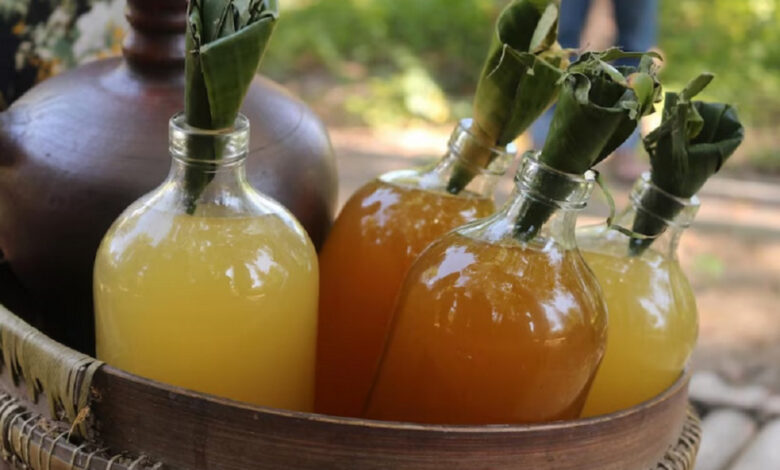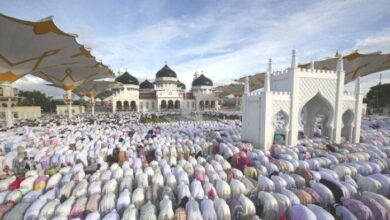
Herbal medicine was finally designated as an intangible cultural heritage (WBTB) by the UNESCO Intangible Cultural Heritage (ICH) Convention Committee on Wednesday (6/2/2023) at the 18th Session of the UNESCO Intangible Cultural Heritage Committee which took place until 9 December 2023, in Kasane, Botswana. This news was revealed by the Director General of Culture of the Ministry of Education, Culture, Research and Technology (Kemendikbudristek) Hilmar Farid in his Instagram upload, as reported by CNN Indonesia.
“Good news from the Intergovernmental Committee for the Safeguarding of the Intangible Cultural Heritage session of UNESCO which took place in Botswana. "Congratulations to Indonesia," wrote Hilmar.
Healthy Culture Jamu includes traditional skills and cultural values related to traditional natural medicines made from plants and spices as well as traditional treatment methods that aim to improve health by increasing the body's immunity. The Jamu culture is believed to have existed since the 8th century AD, as evidenced by the reliefs at Borobudur Temple and ancient manuscripts such as the Kakawin Ramayana and Serat Centini.
On the Ministry of Foreign Affairs website, Deputy Permanent Delegation of the Republic of Indonesia to UNESCO, Prof. Ismunandar added that the process of establishing Jamu Healthy Culture as a UNESCO WBTB was a joint effort driven by local communities facilitated by the Government. This community involvement is considered very positive by UNESCO, and is even said to be an example for other countries.
UNESCO also recognizes that Herbal Healthy Culture supports the Sustainable Development Goals, including Goal number 3: Health and Well-being, number 5: Gender Equality, number 12: Responsible Production and Consumption, and number 16: Life on Land.
Before the healthy culture of herbal medicine was designated as the thirteenth intangible cultural heritage, there were various Indonesian cultures and other heritages that had already been named WBTB. Namely, Wayang (2008), Keris (2008), Batik (2009), Batik Education and Training (2009), Angklung (2010), Saman Dance (2011), Noken (2012), Three Traditional Dance Genres in Bali (2015), The Art of Pinisi Shipbuilding (2017), the Pencak Silat Tradition (2019), Pantun (2020), and Gamelan (2021).



